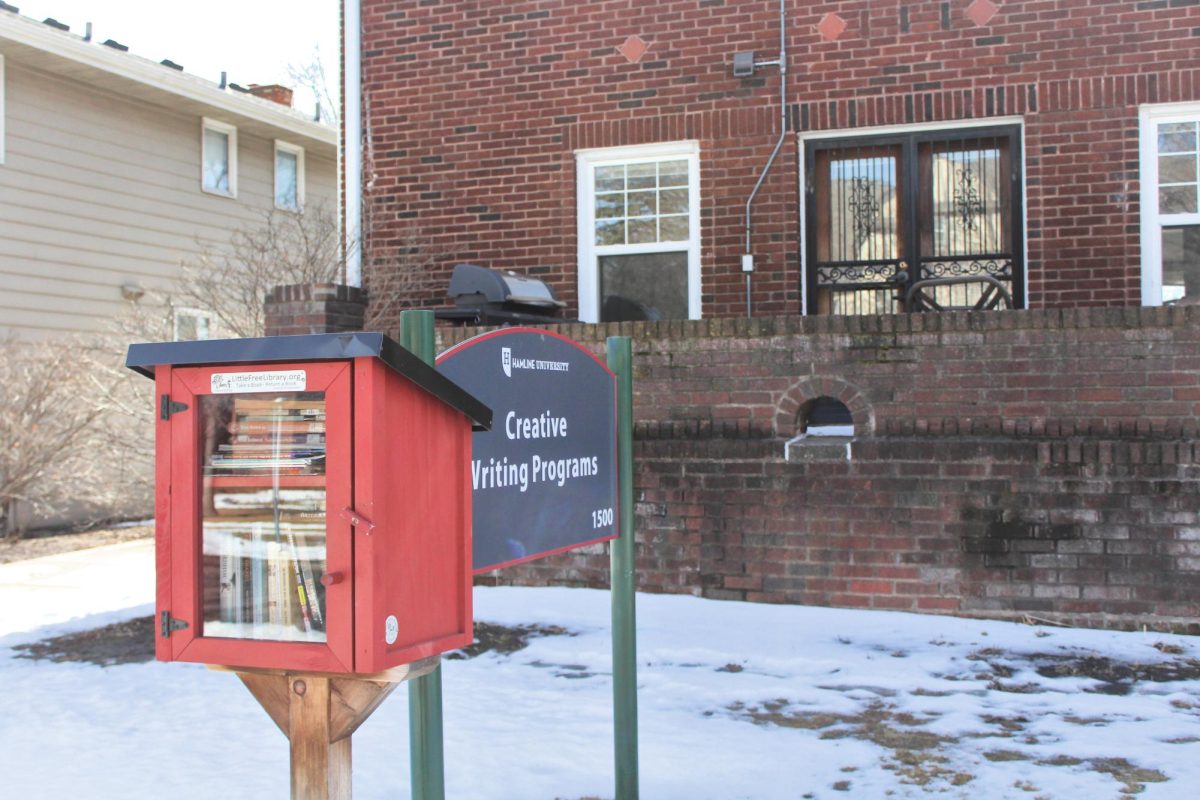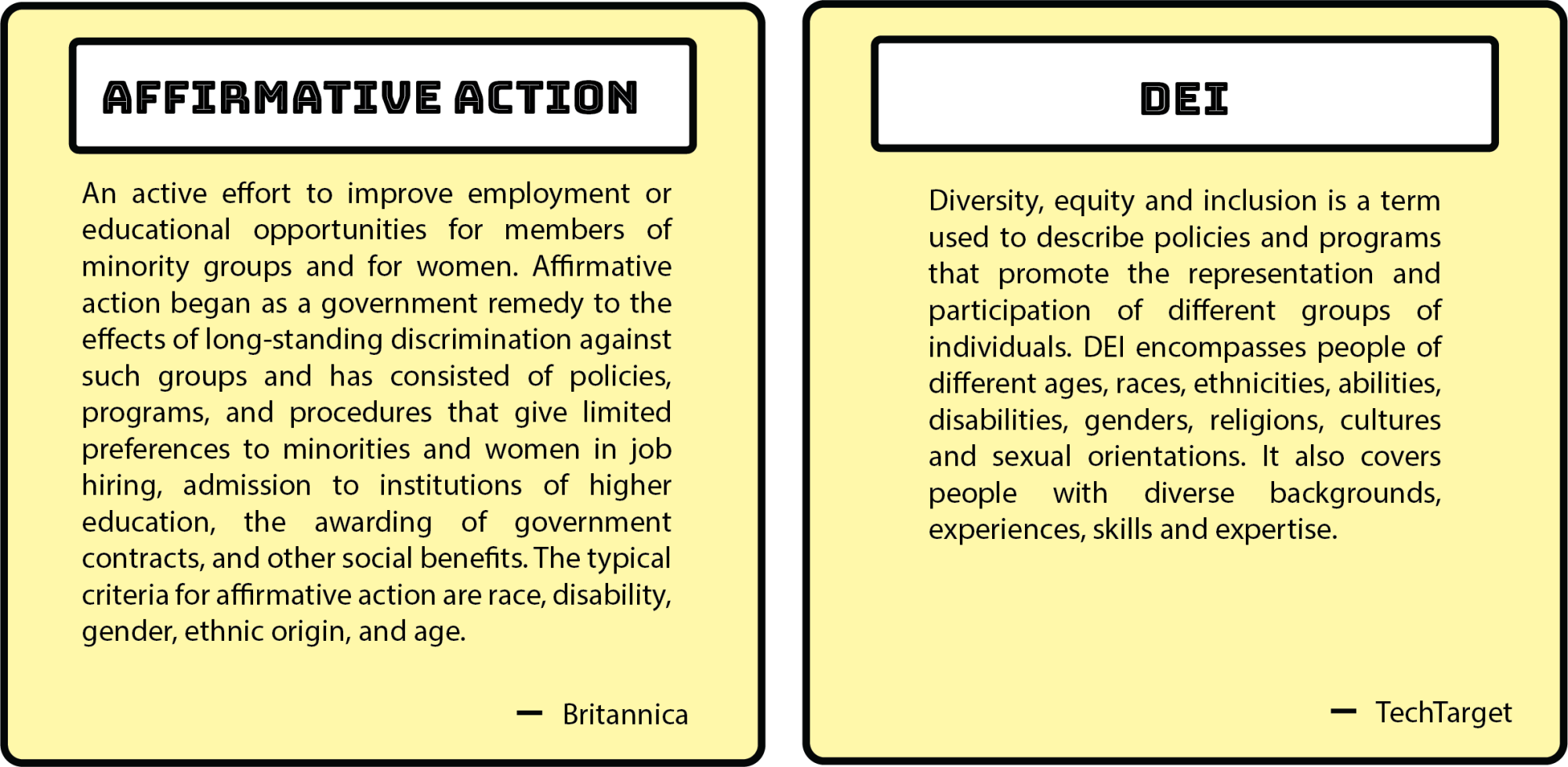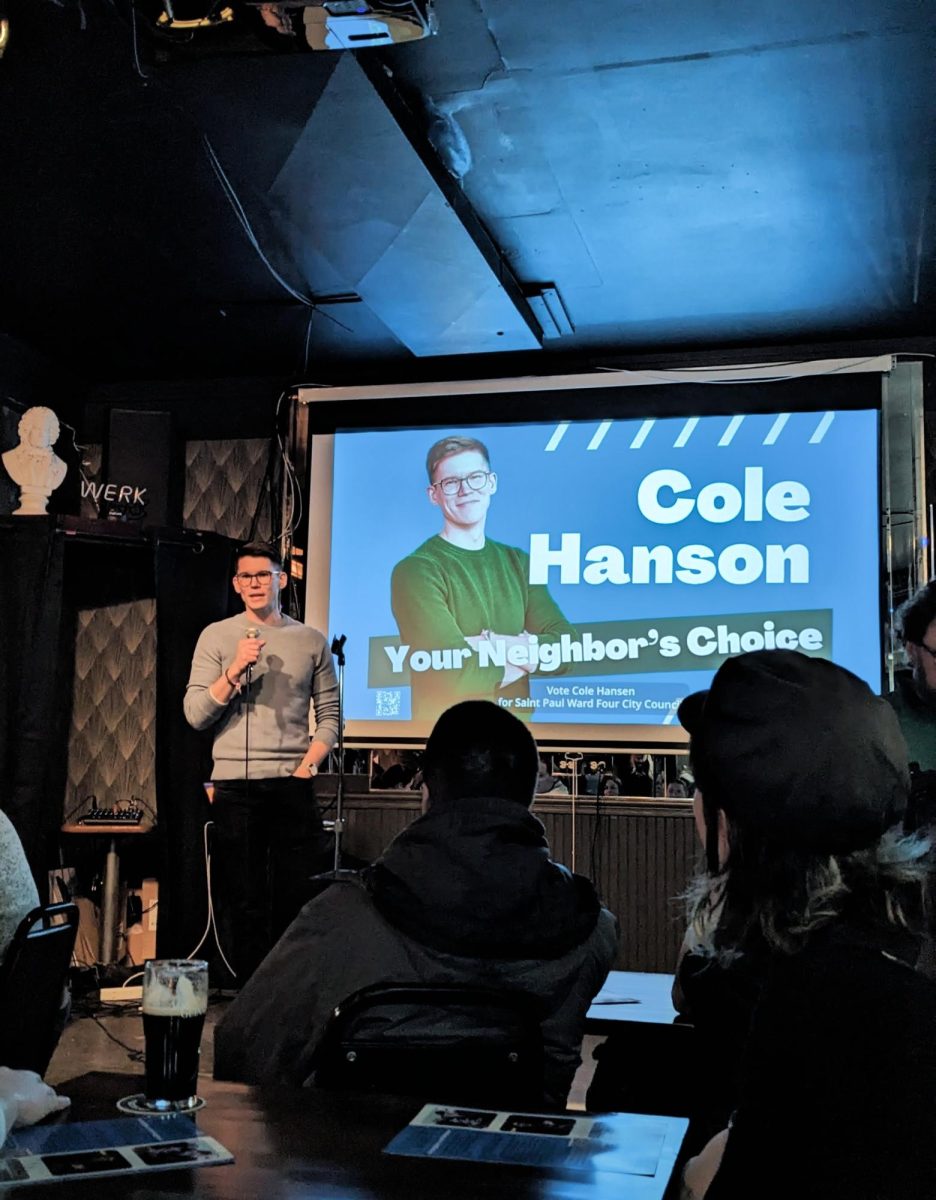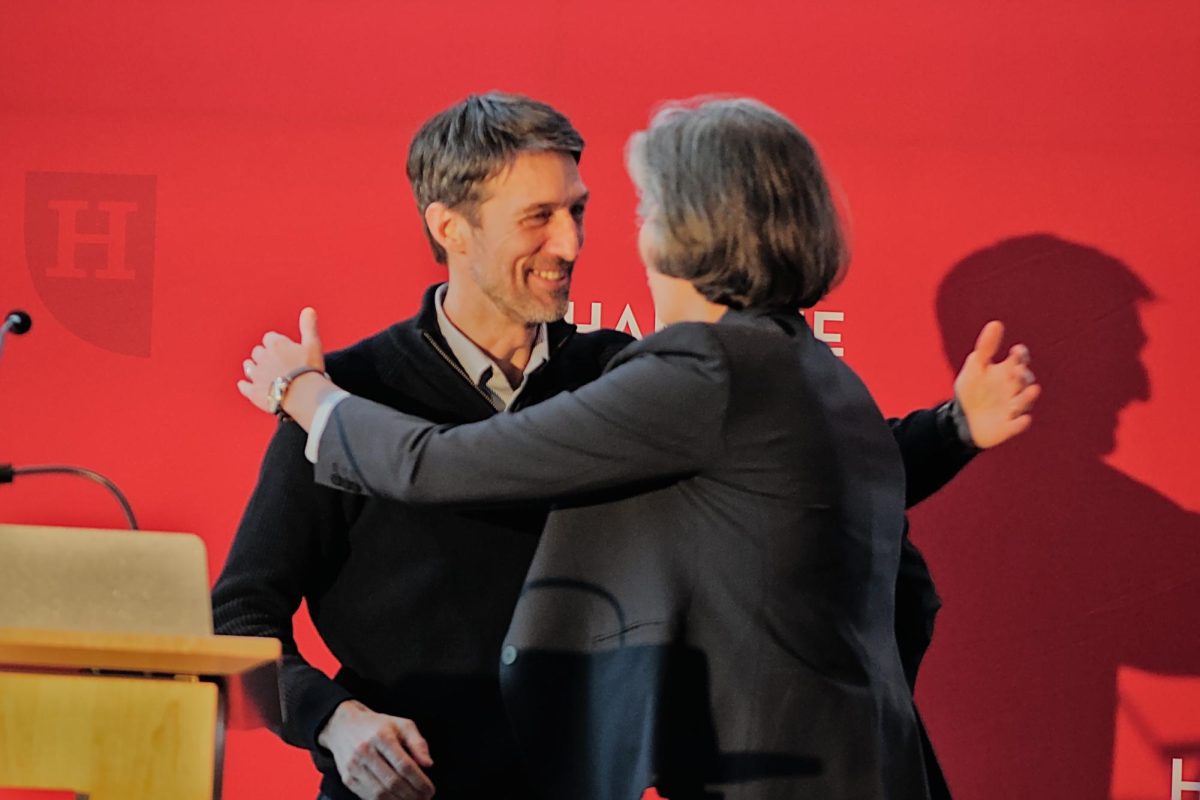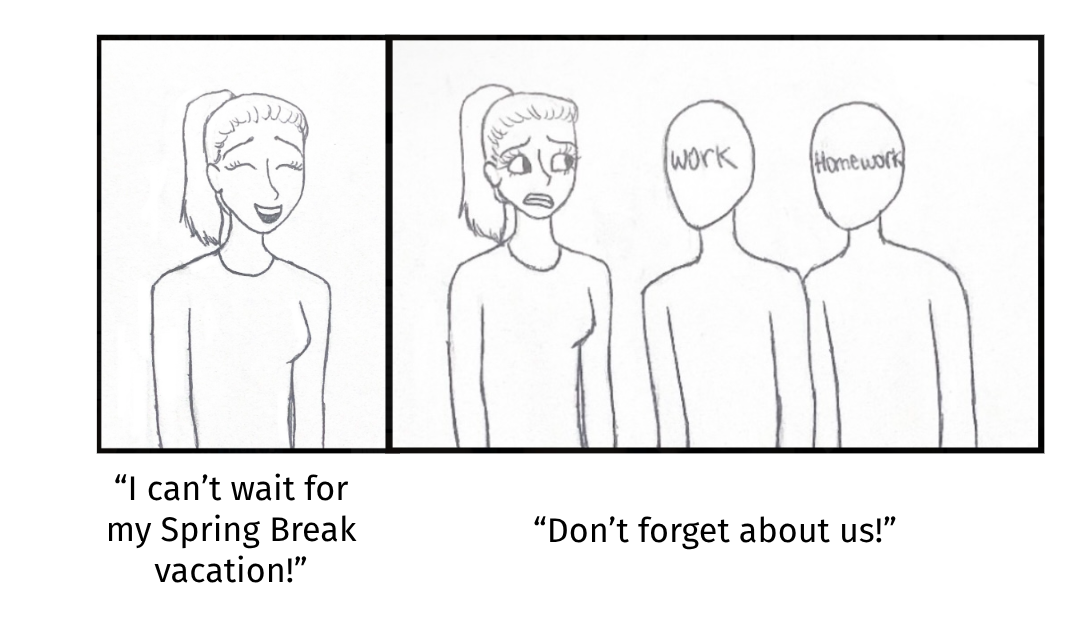Climate change is seeping into the fabric of everyone’s daily lives. As people watch wildfires run rampant in California to extreme weather events in Minnesota limiting individuals’ ability to go to work and school, Hamline professors continue to advocate for environmental education under a federal administration that rejects the very notion of climate change.
News covering the effects of climate change can be overwhelming with President Donald Trump cutting funding to NOAA and NASA and new record highs or global average atmospheric carbon dioxide. Co-Program Director of Environmental Studies Patty Born promotes hope in her classes surrounding environmental studies as a way to empower students.
“We want our students to engage in hope in as many ways as we can, whether that is activism or a quiet reflection, writing or just going outside and enjoying being in nature,” Born said.
This engagement Born promotes can also be seen reflected in recent Minnesota history. In 2022, Governor Tim Walz and the Minnesota Children’s Cabinet unveiled a “Children’s Outdoor Bill of Rights,” which promotes the accessibility of the outdoors to every child. Minnesota also boasts a robust amount of parks and green spaces even in metro areas. In Minnesota, and specifically in St. Paul, there is a desire to advocate for the natural world, despite attacks on the environment and negation of the existence of climate change on a federal level. St. Paul residents and legislators have aimed to create positive change through community action such as the Bee Line, a 2.25 mile community garden intended to create pollinator gardens along Pierce Butler Route. St. Paul Chief Resilience Officer, Russ Stark, has noticed an increase in attention to these issues.
“There has definitely been a higher consciousness level over time which is great despite the fact that at the federal level we are taking steps back. So it is both sort of heartening and scary at the same time, but our community is ready to take action,” Stark said.
The Hamline community has individuals passionate about promoting sustainability and advocating for the environment. However, Hamline Undergraduate Student Congress (HUSC) Sustainability representative and junior Cece Chmelik has found that much of the sustainability work has not been promoted or organized in a way that allows it to continue to grow and build upon past work.
“There is so much potential, there are a lot of people interested in this work and there are fingerprints of a ton of student workers and other people who have done projects and we have kind of forgotten that it happened but it did,” Chmelik said.
Adjunct Professor Ana Munro is working with her students to administer a survey to better understand perceptions about climate change and the impacts students feel they have. They hope to take this information to better understand campus attitudes surrounding Hamline’s environmental actions. Co-Program Director of Environmental Studies Paul Bogard feels that the program has grown, but still sees potential for further change.
“We feel like the program is growing and is really important to Hamline’s future but we also think the program could grow a lot more,” Bogard said.
Currently, environmental studies at Hamline is an interdisciplinary area of study and does not have its own department. There are no professors that are specifically distinguished as Climate and Environmental Studies Professors, instead, they are from a variety of departments including Education, Anthropology and English. Bogard believes that environmental studies should be more involved in every Hamline student’s education due to the presence of climate change in everyone’s life.
“I think it is really important that there is some mechanism by which every Hamline student is asked to study these issues … to be introduced to the issue of climate change as it is impacting every major, every profession, every life. It feels irresponsible to me as a university that we don’t ask our students to engage at least at a minimal level with this issue,” Bogard said.
Education on environmental and climate topics can open doors for student involvement. Munro believes that opening the door for students to learn about climate change and then giving them the necessary resources to apply their knowledge is key.
“I think students, once they become aware of the issues, they’re ready to get engaged and they want to take action but they often don’t know how to get started so I think providing students with more opportunities for engagement is important,” Munro said.
Hamline professors hope to provide students with what they need to take their learning into the world and make a difference.
“If we can get our future teachers really well-versed in environmental education, the ripple effect is going to be huge,” Born said.







